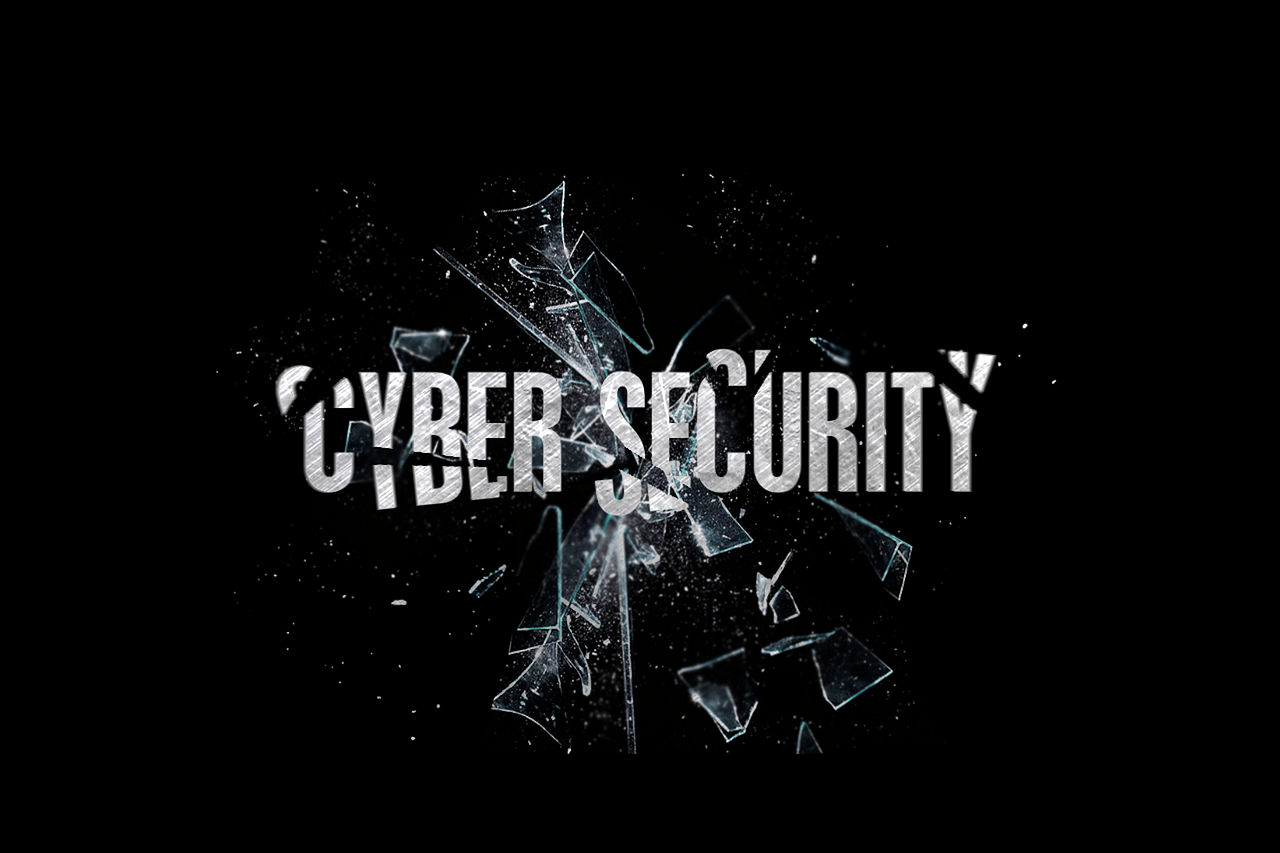If cybersecurity wasn’t at the top of your to-do list, the recent Equifax data breach should have you on high alert.
Between May and July 2017, names, social security and social insurance numbers, birth dates, addresses, and driver’s license numbers were stolen, along with over 200,000 credit card numbers.
This breach primarily affected 145.5 million consumers in the United States, but thousands in Canada and the UK have been affected as well.
This data breach has the cybersecurity community reeling, and businesses and individuals alike are wondering what the next step is.
What’s shocking for many IT professionals is that despite available technology, breaches are usually caused by the simplest mistakes.
Proper preventative measures within the security infrastructure of any business could slow down hackers and even stop them entirely.
Here’s what you can do in light of the Equifax breach:
From the Business Perspective
The fallout of the Equifax data breach has compelled businesses of all sizes to ramp up cybersecurity. It is a critical element of any modern organization, and it’s risky to assume that large companies, such as Equifax, are the only targets, since hackers rely on inadequate security measures that are particularly evident in small businesses.
Unfortunately, breaches are not 100-% preventable. However, this is not to say that with strong security measures, these breaches can’t be drastically mitigated. By adequately preparing for a potential breach, you may greatly reduce the number of people affected and the amount of data compromised. Here are some ideas to help you prevent the next major security breach:
- Segment networks – Too many user controls permit too much access. If your infrastructure is properly segmented, a breach can be restricted to small areas, prohibiting access to the entire database.
- Require multi-factor authentication – This is a common method of security, requiring more than one method of authentication to verify a user’s identity.
- Employ robust data encryption – Design your security system so that even if malicious attempts are successful, a hacker can’t interpret the contents.
- Foster a commitment to functionality – Key to any successful cybersecurity strategy is some assurance that systems are working as they should. This involves regular updates as well as internal audits.
From a Personal Perspective
If you have a credit history, there is a chance that your information was compromised by the Equifax breach. Preventative measures can be utilized by consumers as well as businesses, and the following tips will help protect against identity theft:
- Check to see if your data was compromised. The Office of the Privacy Commissioner of Canada has instructions and further guidance.
- Check credit reports – Many credit card companies now provide your credit score for free. Investigate any changes in your credit, such as new accounts.
- Request a credit freeze – Although this doesn’t prevent access to current accounts, no new accounts can be opened in your name.
- Monitor your accounts closely –Alert your financial institutions of suspicious activity.
- File taxes early – The earlier you file your taxes, the less likely it is that someone else will be able to file using your sensitive information.
- Enroll in a credit monitoring service.
There is no such thing as perfect security, but with the right technological overhauls, a data breach does not have to be devastating. Protecting your data is the top priority, so make sure your cybersecurity efforts are at least on par with the existing threats. Let The ITeam help with your security through our managed it services.

